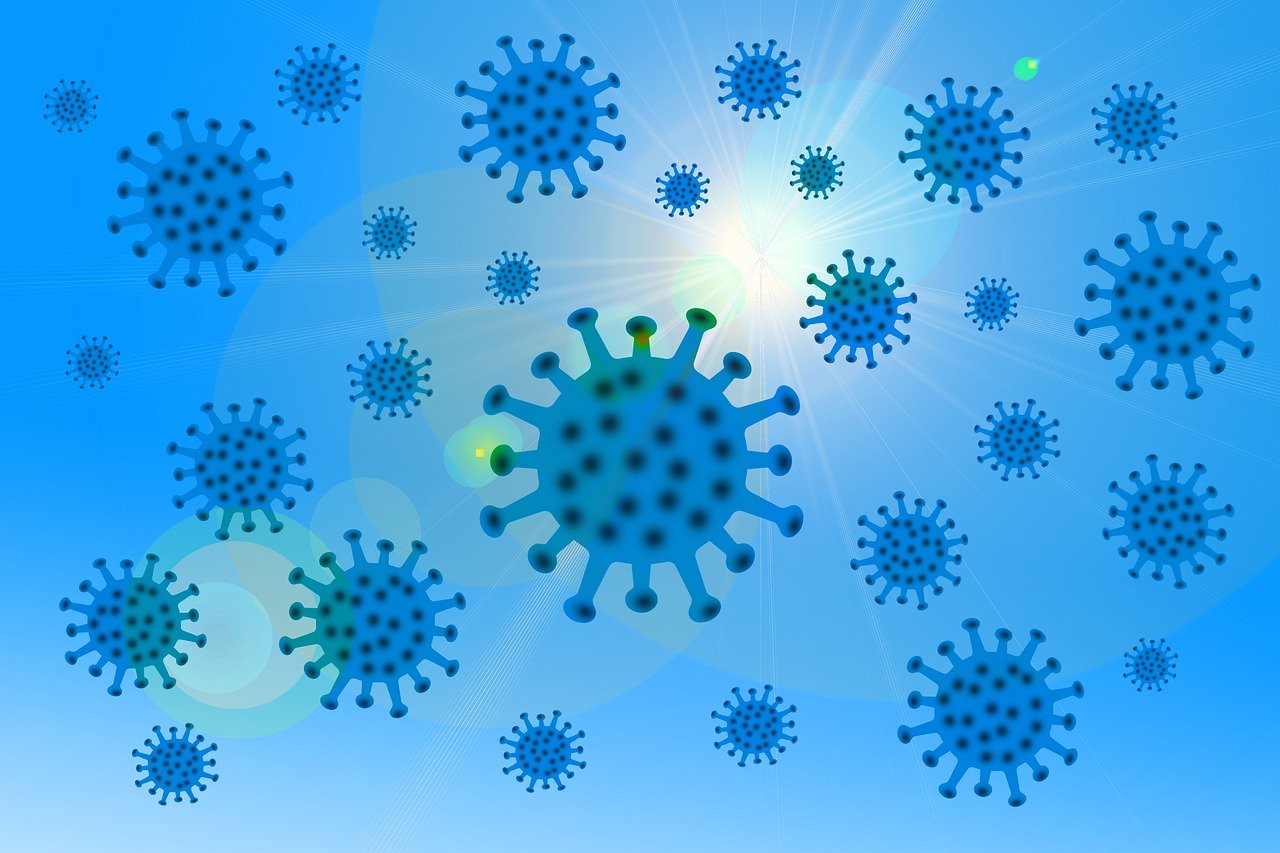Biomedical scientists at LMU have isolated immune cells from human tonsils obtained following a routine medical procedure, and utilized them to examine aspects of immune response and test the impacts of anti-inflammatory agents at the cell level. Human tissues are considered as waste when surgically removed from patients and especially when these tissues are derived from tonsils.
However, LMU immunologist Dirk Baumjohann and his group have more interest in the pharyngeal tonsil tissue extracted during a normal adenoidectomy. The purpose behind this is tonsils are part of the lymphatic framework. As lymphoid organs, naturally confined, intact tonsils are a valuable source of resistant cells and can fill in as a stage for researching the cell biology of the immune response.
Study in detail in EBioMedicine that is an open- access title issued by the publishers of a leading journal The Lancet.
Tonsils play a key role in providing protection against ingested infectious agents and airborne. An Emmy Noether Research Group Leader at the LMU Biomedical Center who recently obtained a faculty position at the University of Bonn, Dirk Baumjohann, has shown more interest in the functional interaction of two main classes of lymphoid cells that are B cells and T helper cells.
Read more-Mediterranean Diet Voted as “The Best Diet of 2020” by Nutrition Experts
Among T helper cells, supposed T follicular assistant cells assume a fundamental initiating job in empowering B cells to create and discharge antibodies that explicitly perceive foreign proteins called antigens. On the other hand, misled immune responses interceded by these cells can cause hypersensitivities and autoimmune system diseases. The activation of B cell by T follicular helper cells germinal focuses that are located in lymphatic tissues like the spleen, the lymph nodes, and the tonsils
In the investigation, the analysts tried their framework with a few medications that have been endorsed for the treatment of different inflammatory autoimmune diseases including rheumatoid joint pain, ulcerative colitis, psoriasis, and Crohn’s ailment.
The researchers have indicated that the action of T follicular partner cells and B cells is suppressed by these agents. Inflammatory responses are intervened by the binding of signal proteins called cytokines to specific receptors on immune cells. Also, many signaling pathways are activated by binding that leads to changes in gene expression.
Read more-Can Lower intake of Fruits and Vegetables and Higher Body Fat Cause Anxiety Disorders???
A post-doc in Baumjohann’s group and lead author of the study, Angelika Schmidt finds that in these analyses, the immunologists have utilized little squares of tonsil tissue, just as profoundly focused suspensions of separated tonsil cells. Suspensions are simpler to deal with and there are options to replicate the outcomes using cell material that are put away in the freezer.
Schmidt tells that the immune defense mechanisms can be directly analyzed in human cells if the human tissue-derived material is available.
Researchers explain that the new culture framework will empower specialists to study human lymphoid tissue under physiologically significant conditions. It gives another and significant trial model for the study of human immune cells.


